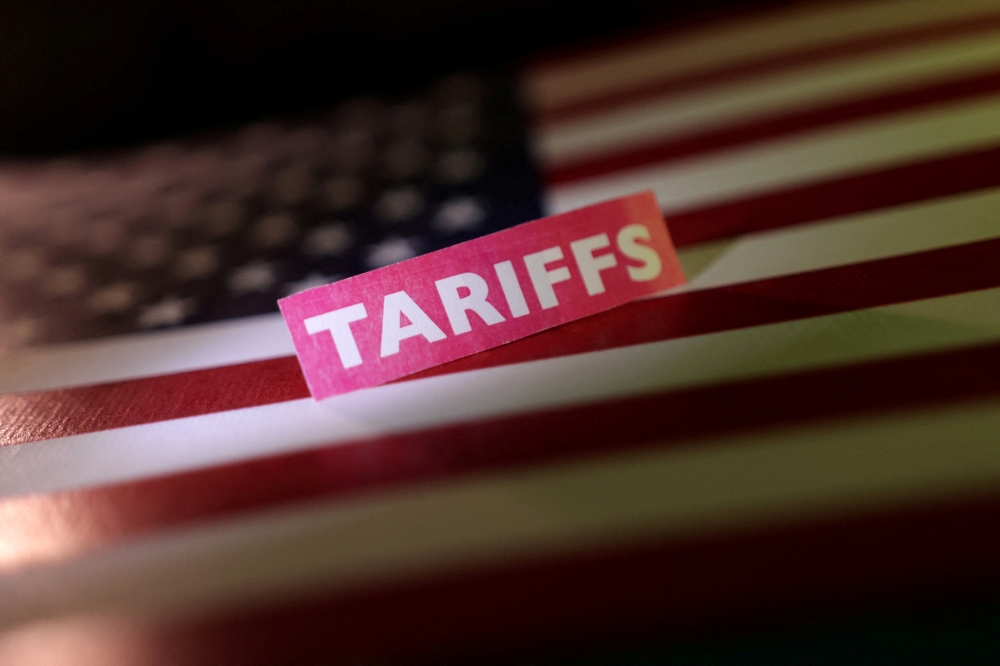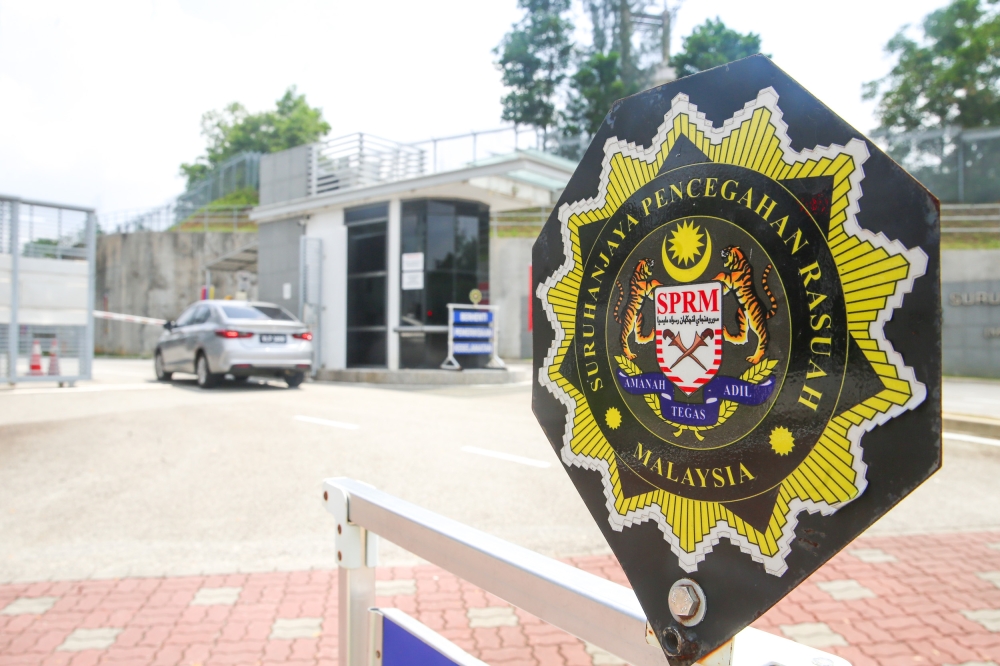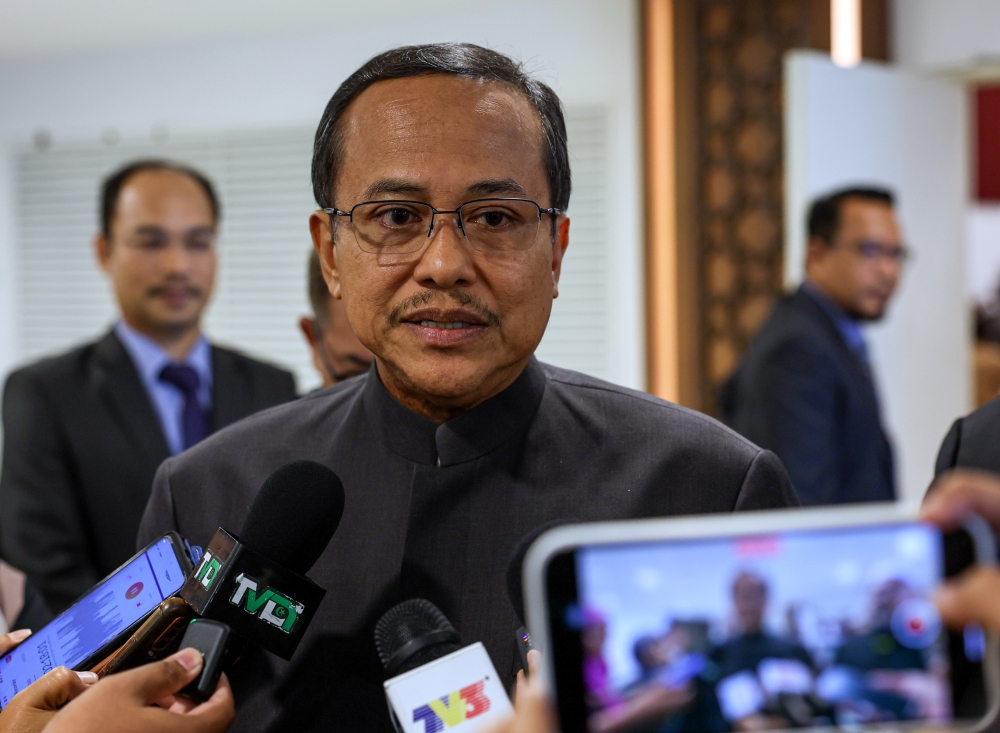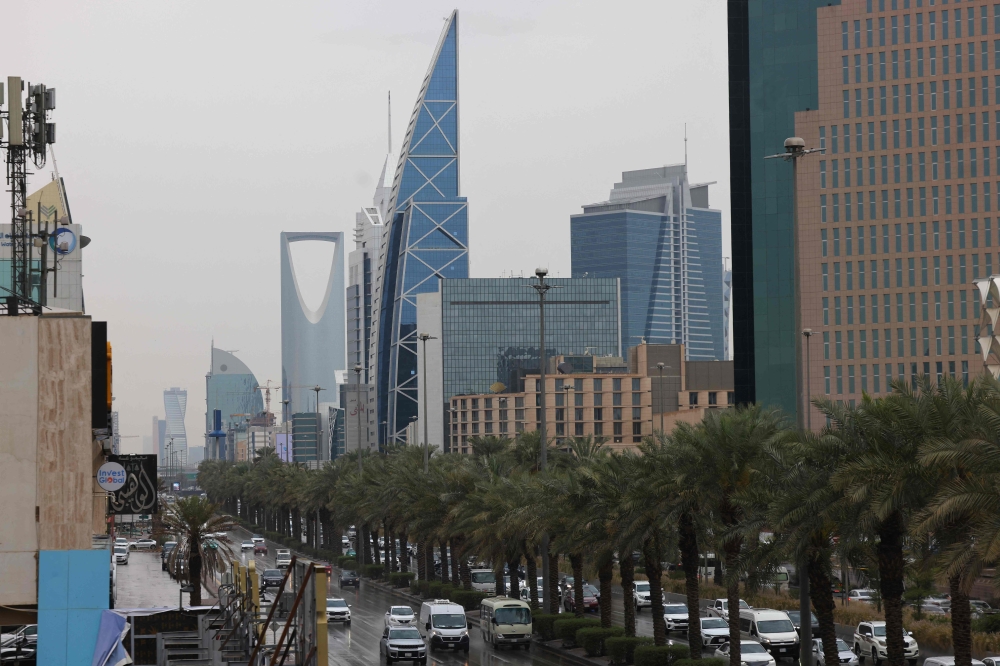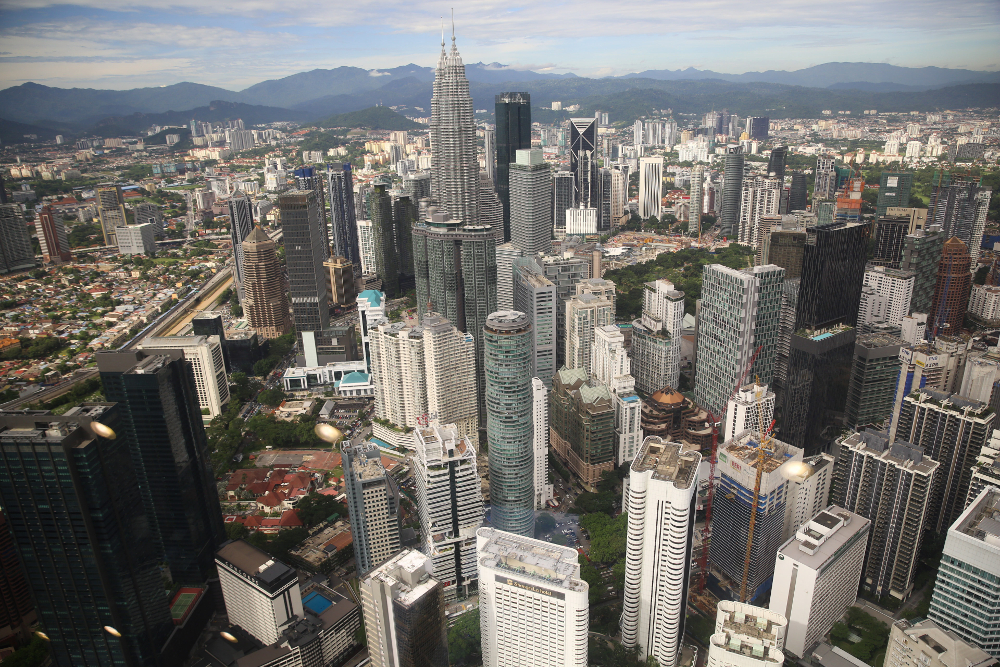KUALA LUMPUR, Dec 18 — Malaysia must craft balanced policies to address the disconnect between the country’s apparent economic growth and chronic complaints of rising costs from Malaysians, said the World Bank’s lead economist here.
In an opinion piece titled “The right policy mix can help Malaysians make ends meet”, Richard Record pointed out Malaysia’s low inflation rate — 1.1 per cent in October — that belied Malaysians’ persistent grievances about increasing prices.
Record said this could be due to lack of nuanced data about price levels as well as the prevalent use of the catch-all term “cost of living” whose definition he said varied significantly from one class of consumer to another.
“Closer analysis shows that despite low and stable inflation in recent years, different households live with different rates of inflation.
“For example, those with lower incomes spend a higher share of their family budget on food, and so will experience a higher rate of inflation when food prices rise faster than prices of other items,” Record said.
The economist also repeated concerns the World Bank raised in its “21st Malaysia Economic Monitor — Making Ends Meet” that highlighted wage stagnation and the shortage of affordable housing.
Record said Malaysians’ long-standing difficulty in making ends meet were unsurprising when these factors existed in combination with a generalised approach to addressing rising costs.
He also explained that the monitor illustrated the need for structural reforms to directly attack the root of each problems rather than their symptoms, which he said would be more effective albeit slower to show results.
Policies in this direction should include a re-evaluation of existing price control schemes with an eye on curbing monopolies, deepening social safety nets, and measures to stimulate sustainable income growth that is matched by increased productivity, among others.
“None of this will be easy, but with the right combination of policies, it is possible to address the deep causes that make so many Malaysians concerned about the cost of living.”
The World Bank is the second global organisation this year to urge Malaysia towards being more honest and transparent in recognising the severity of the country’s problems, such as the flattening of wage growth in the country, leading to rising household debt.
Previously, the UN Special Rapporteur on Extreme Poverty and Human Rights Philip Alston asserted that Malaysia’s true poverty rate could be as high as 20 per cent if the country abandoned its poverty line indicator of RM980 per household per month.
The Pakatan Harapan government has taken steps towards addressing rising income inequality in Malaysia by introducing its Shared Prosperity Vision 2030, a ten-year plan that was introduced after it conceded that the Vision 2020 goal of becoming a high-income nation was likely to be missed.





